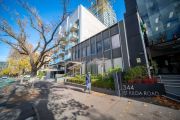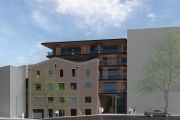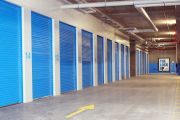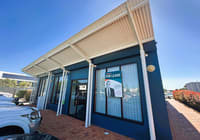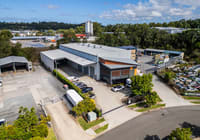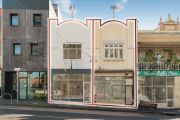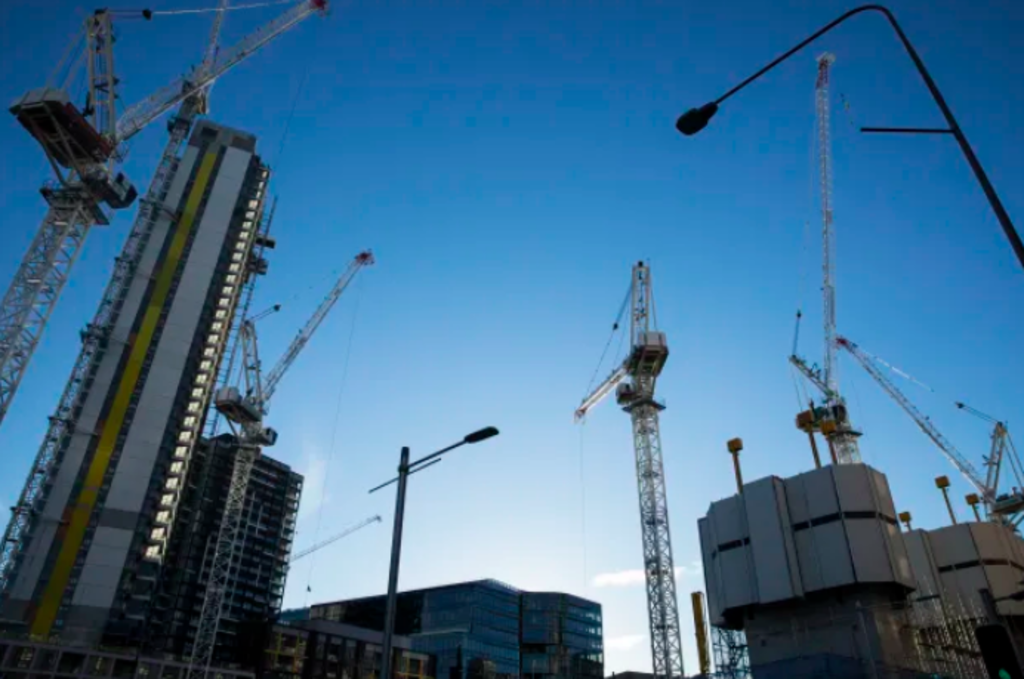
Property sentiment plunges as COVID-19 bites
Publicly funded building and infrastructure will be crucial to stimulating an economy emerging from a COVID-19 recession, the country’s largest property lobby group says.
Industry sentiment in the latest ANZ-Property Council Survey fell to a record low in March, with the headline index near-halving to 62 from 123 and erasing the confidence that was emerging late last year.
The outlooks for new staffing and workbooks over the next 12 months dropped to their lowest since the quarterly survey began in late 2011.
As those outlooks slump, the prospect of housing construction playing its historical role as an economic kick-starter has also withered.
The latest figures, based on the sentiments of industry professionals in the last two weeks of March, showed a third of respondents said the COVID-19 pandemic was already having a “serious impact” on their business and more than half expected it to over the next 12 months.
“There was a serious impact immediately and that has just rolled on since then,” Property Council of Australia chief executive Ken Morrison said.
But even though the country’s infection curve has flattened since the two-week survey period, giving hope the health threat is coming under control and reducing the risk that construction activity will be shut down to curb spread of the virus, policymakers have limited tools at hand to stimulate an economy plunged into hibernation.
Interest rates are already at a record-low 0.25 per cent, giving the Reserve Bank of Australia no ability to cut 425 basis points from the cash rate – as it did in just eight months from August 2008 in response to the GFC – to stimulate housing and consumer spending.
Housing price expectations have fallen back to their pre-election levels of 2019.
The survey’s forward workbook in home-building was still positive but at its lowest point ever, and households and businesses were unlikely to commit to new large spending in such a time of economic uncertainty, ANZ senior economist Felicity Emmett said.
In addition, unresolved concerns about building quality will hold back buyers of high-rise apartments and dampen that sector.
“We also still have the issue in NSW, in particular, around build quality of apartments that hasn’t really been resolved,” Ms Emmett said.
“That’s potentially going to limit how much housing – particularly high-rise apartments – can really turn up quickly.”
Recovery hopes reversed
The online survey of 918 property developers, managers and agents and service providers between 16 March and 31 March reversed the growing sense of optimism.
The property industry had been expecting a recovery in home-building activity from the second half of this calendar year and was only three months ago predicting further capital gains in all commercial asset classes, excluding retail property.
Market expectations of a further 2.7 percentage point tightening on prime asset cap rates in the previous survey have been replaced by an average 9.2 percentage point gain in cap rates over the next 12 months, suggesting strong falls in asset values.
Secondary asset cap rates were expected to increase just 0.6 percentage points over the following 12-month period, but that has now blown out to a 14.7 percentage point gain.
Hotels, tourism and leisure property have so far borne the brunt of the impact of the virus, followed by the already battling retail sector. But across the board, staffing expectations turned negative for the first time in the nine-year history of the industry survey.
“We’ve gone from really strong staffing expectations right across the board –with some regional variations – to universally negative,” Mr Morrison said.
Forward work schedules – a leading indicator of activity to come – also turned negative for the first time.
“We’ve gone from strongly positive numbers across all states and territories to significantly negative numbers overnight,” he said.
Construction momentum continues
Despite uncertainty around the sector, construction was holding up.
While two-thirds of respondents said their construction schedules had experienced a “moderate” but manageable impact, possibly due to supply chain issues or social distancing requirements, the proportion reporting a “serious” impact was limited to just 15 per cent.
State and federal governments needed to maintain this momentum, to allow construction to keep functioning and play the stimulus role that would help lift the economy out of the coming recession, Mr Morrison said.
“The ability for construction to play that role will be quite significantly impacted by whether projects stop now,” he said. “If projects stop now, it’s going to be harder for them to restart.”
Government stimulus through infrastructure spending would also be crucial, he said.
“We’ve seen governments gearing up for that last calendar year,” he said. “That needs to continue and, indeed, accelerate.”

